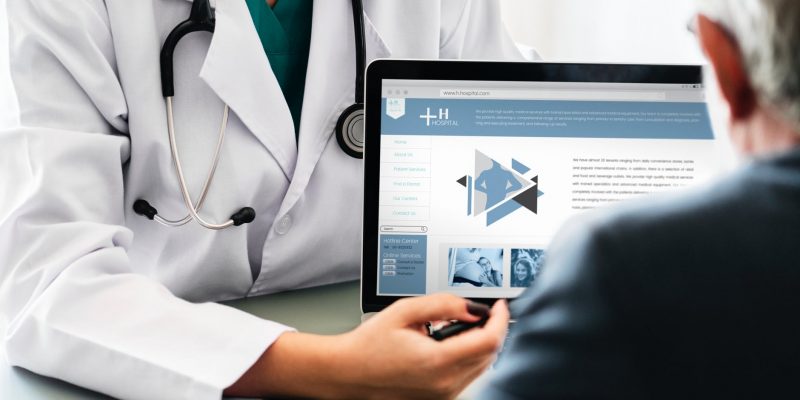 Ensuring cyber awareness in the healthcare sector
Ensuring cyber awareness in the healthcare sector
As a result of the COVID-19 pandemic, healthcare professionals have increased their reliance on the internet to carry out their job. From connectivity with patients, to the interconnectivity of different medical devices passing patient data, the threat vector has expanded dramatically, so cyber awareness has become crucial. Healthcare under attack: What about cyber awareness? This…


